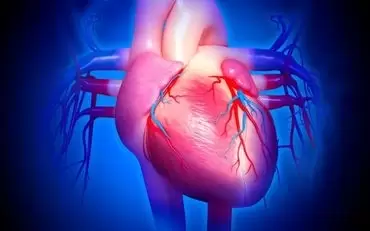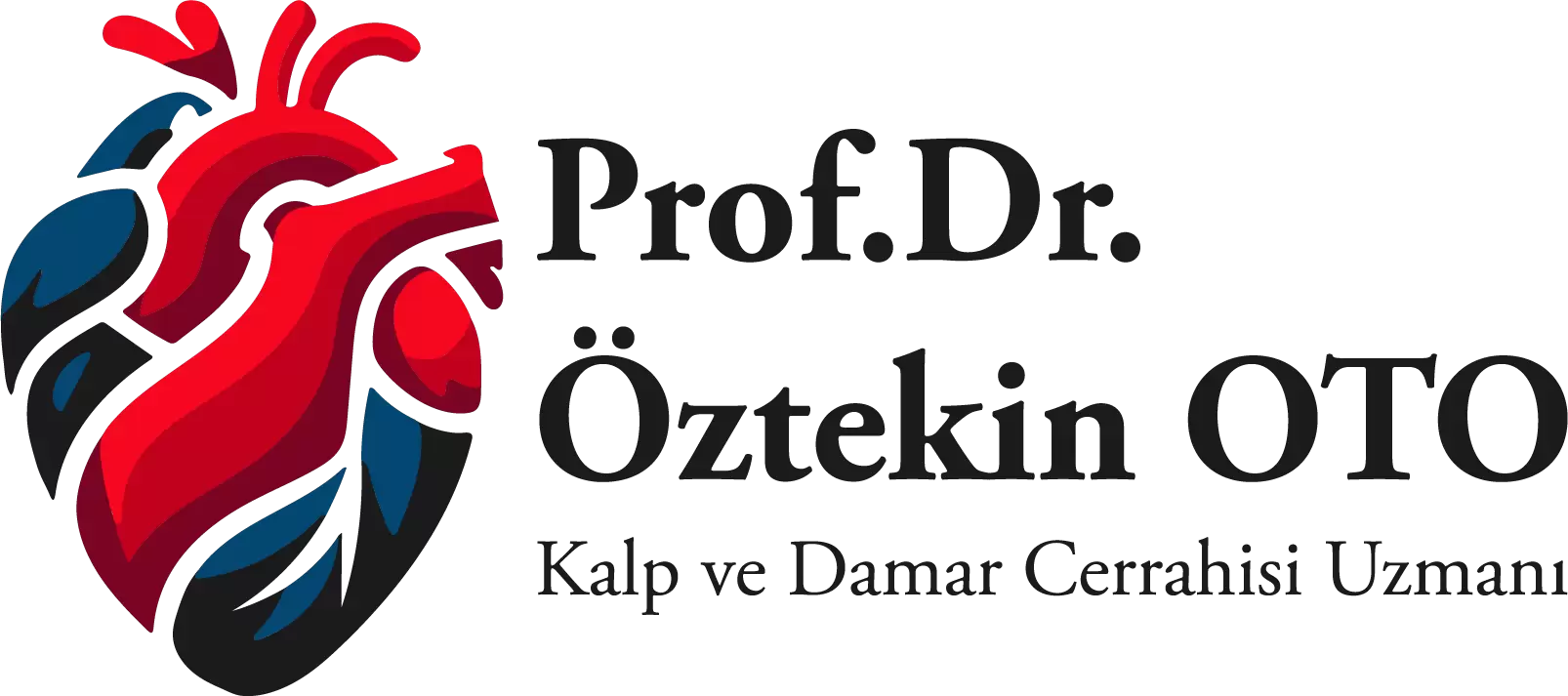29 Oca
Heart Failure
What is Heart Failure (HF)?
The heart is a vital organ that pumps blood to our body carrying the oxygen and nutrients we need to live. When the pumping power of the heart is lower than it should be, it is known as HF. In the case of HF, the heart cannot send blood to our organs in sufficient quantity and speed, and the pressure inside the heart increases. As a result, the heart cannot pump enough oxygen and nutrients to meet the body's needs. In response to this situation, the heart chambers stretch and begin to hold more blood in order to pump more blood. This initially helps maintain circulation, but over time the heart muscle weakens and ceases to contract strongly. As a protective mechanism, the kidneys respond to this situation by retaining fluid (water) and salt. When fluid accumulates in the arms, legs, feet, lungs and other organs, a condition called congestive heart failure occurs.
What are the causes of HF?
Causes that lead to heart muscle damage can cause heart failure:
- Coronary artery disease (CAD)
- Heart Attack (myocardial infarction)
- Cardiomyopathy: It is the name given to heart muscle damage that develops due to various reasons (infection, alcohol, drugs, etc.).
- Conditions where the heart works excessively: High blood pressure, valve diseases, thyroid gland diseases, kidney diseases, diabetes and congenital heart diseases can cause HF. In addition, HF can occur suddenly if there is more than one disease in the body at the same time.
There may be complaints like these in HF?
Complaints in HF occur depending on the changes that occur in the heart and body. Their levels can vary from mild to severe depending on the condition of the heart. These complaints:
- Shortness of breath: Difficulty in breathing at rest or while lying in bed
- Edema: Swelling in the legs, feet and abdomen and rapid weight gain
- Frequent urination: Especially at night
- Loss of appetite and nausea.
- Weakness, fatigue and weakness, changes in consciousness level
- Arrhythmia and palpitations
- In cases where heart failure is not severe, there may be no complaints. Heart failure can be detected by examination and some laboratory tests..
How is heart failure diagnosed?
Anamnesis, physical examination
Laboratory tests, radiological, echocardiographic tests.
How is HF treated?
- Non-drug treatment (lifestyle changes, salt restriction, rest, etc.),
- Drug treatment
- Pacemaker (battery): However, it is not suitable for every patient, certain criteria are required for its insertion.
- It consists of surgical treatment in necessary cases.
Related Articles

Deep Vein Thrombosis
Deep vein thrombosis is a preventable disease caused by changes in the blood flow, vessel wall injur..
Read More
Laser Treatment of Varices
Laser Varicose Treatment has achieved significant success in recent years with technological advance..
Read More
Vascular Diseases
Vessels are responsible for carrying the oxygen required by the organs and sending the dirty blood b..
Read More




